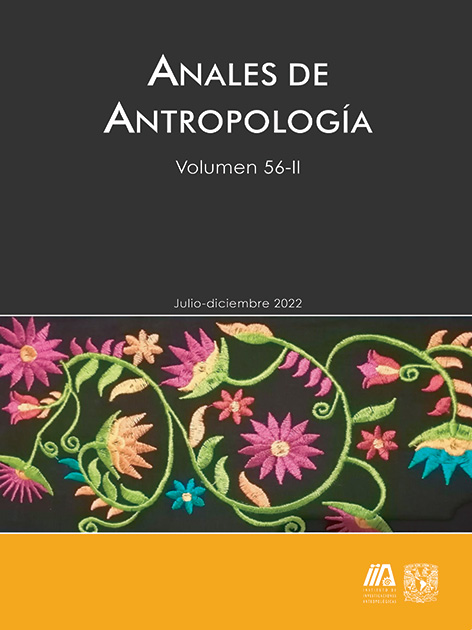Etymological hypothesis of kuña 'woman' from a comparative study in the tupi-guarani languages
Main Article Content
Abstract
This article presents an etymological study of the word kuña 'woman' in the Tupi-Guarani languages, spoken by several million people in Paraguay and other neighboring countries. Through a comparative morphological and semantic study of the word in 27 current languages of the Tupí-Guaraní family, as well as a research in the historical documentation of ancient classical works, an hypothesis is suggested that kuña 'woman' etymologically can be translated as 'owner or lady of the harvest', 'guardian, mistress or spirit of the cleared ground', 'owner of the sustenance', among other possibilities. An approach to the conception of women from indigenous cultures can add a point of reflection from the otherness, in a very sensitive matter of our time: the construction of equal rights between men and women and the cessation of all violence against women in the world.
Downloads
Article Details
Citas en Dimensions Service
Esta revista usa una licencia CC del tipo CC BY-NC-ND 3.0. Se maneja bajo el esquema de acceso abierto, con una licencia Creative Commons Attribution-NonCommercial-NoDerivs 3.0 Unported.
